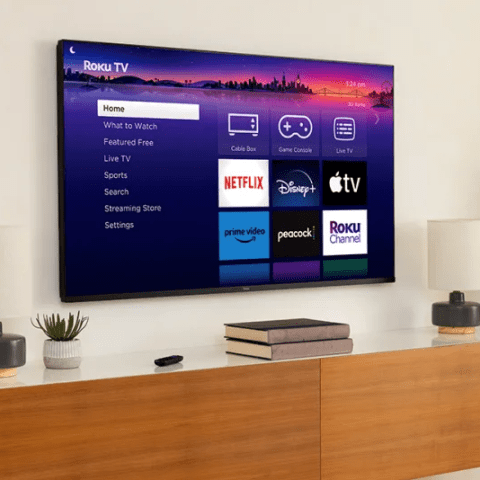A Harvard postdoctoral student recently faced visa denial, a move linked to President Trump’s proclamation that restricted international students from entering the U.S. This happened even though a federal judge had temporarily blocked the proclamation just a day prior.
Interestingly, just before the judge’s order, the State Department directed its embassies and consulates to reject Harvard-bound students. This directive was later rescinded, but visa processing was still expected at consulates. Unfortunately, in the brief period between these two directives, at least one student was denied entry.
During a visa interview in Europe, the postdoc learned of their ineligibility under Trump’s order. Despite citing the judge’s restraining order, their plea was ignored. This raises questions about whether the administration is deliberately flouting court orders. Immigration lawyer Ian A. Campbell expressed concerns that the Trump administration might be sidestepping legal rulings.
If fully enforced, Trump’s proclamation could severely affect Harvard’s ability to host international scholars and students. At present, over 7,000 international students are enrolled. The J-1 visas, like the one sought by the postdoc, are designed for work and study programs. F-1 visas cater to international students, while M visas support vocational training, which Harvard does not sponsor.
This situation isn’t new. On May 22, the Department of Homeland Security withdrew Harvard’s Student and Exchange Visitor Program certification, creating hurdles for international students. Following this, Harvard swiftly sued and managed to gain a temporary restraining order. However, even after this legal win, international students have continued to encounter significant visa complications.
In a recent court document, Harvard detailed issues faced by at least 10 students whose visas were stalled after the certification was revoked. These cases spanned multiple countries, showing a pattern of visa refusals. One South Asian freshman reported a refusal on June 3 due to administrative processing, which can leave applicants in limbo without clear timelines for resolution. Jeff Joseph, a prominent figure in immigration law, suggests that the administration might be using these delays as a loophole to prevent students from securing visas.
These developments align with broader trends in U.S. immigration, especially in how the Trump administration has approached judicial limits. Concerns over administrative processing delays have been voiced repeatedly, as they allow the consulate to avoid denials that courts could later review.
As the situation evolves, it’s critical to keep an eye on student experiences and official responses, reflecting how policy can directly affect lives. The treatment of international students continues to be a hot topic on social media, with many voicing their frustrations and calling for change. Just last month, a survey indicated that over 60% of international students felt anxious about visa regulations, underscoring how policies can impact their mental health and academic pursuits.
For more information on these developments, you can refer to the Washington Post’s reporting on this issue here.





















